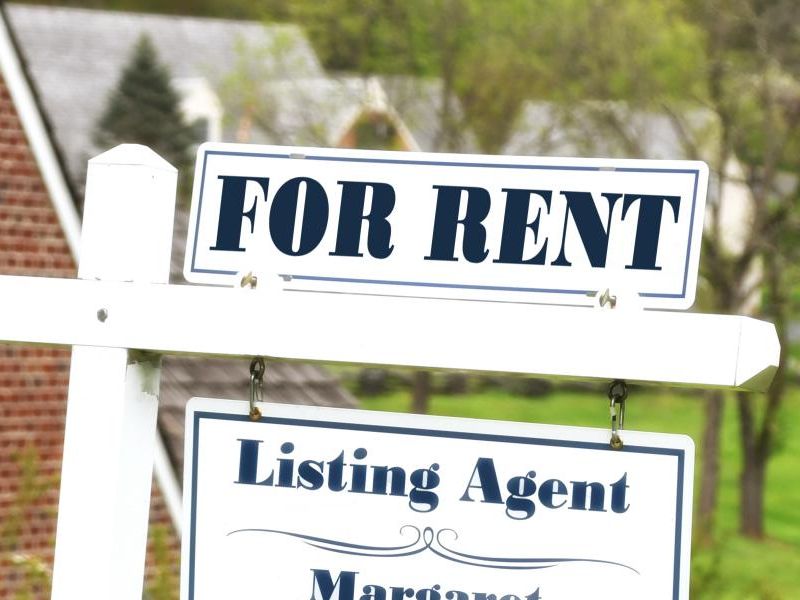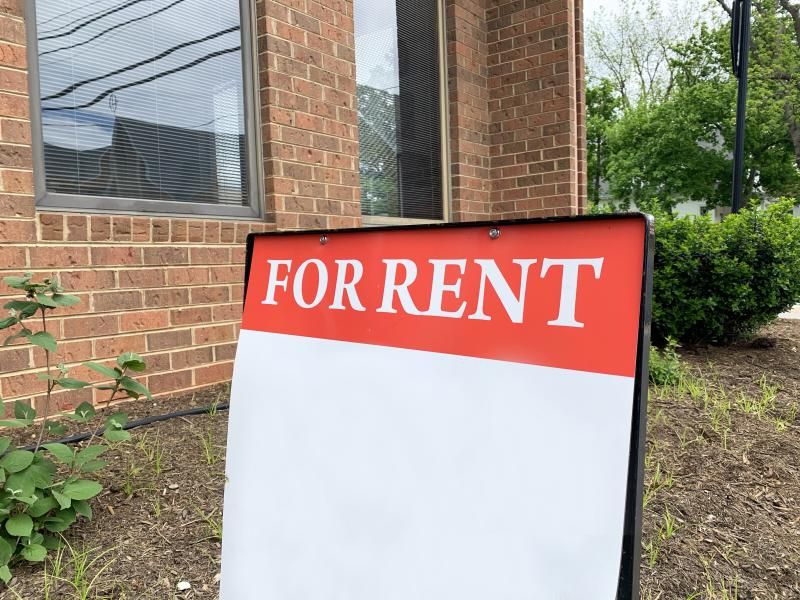User Question: How and where do I advertise my available rental property?
To Mike K. of Delaware:
There are many approaches to advertising an available rental property. First, word of mouth is a good and inexpensive approach. Let other landlords know of your available rental and if they are approached and have no available units themselves, they will recommend your property to inquiring prospective tenants. Also, let local store owners and post office personnel know of your available rental property as they are often asked by prospective tenants looking for a rental in the area. Purchase business cards and hand them out to all you know or meet. The second is to draft a “Flyer” containing all relevant information regarding the available rental (Don’t include the actual address as it may invite bad actors to enter and ransack the property – give a general location – i.e.: “On Second Avenue”). Post these flyers on community bulletin boards located in supermarkets, local stores, and post offices. I found this approach to be a great source for prospective tenants. The flyer should include relevant information about the property (# of bedrooms, general location, access to public transportation/shopping/schools, etc.) and included amenities for the property (I.e.: large fenced-in rear yard, washer and dryer, finished basement, enclosed front porch, etc.). This flyer can also be used as a reference when returning calls from prospective tenants left on your answering machine/service to consistently describe the property. The third is to post the rental to online neighborhood bulletin boards and some may even use “Craig’s List” (but I don’t recommend this as there are many issues surrounding this approach). Again, as stated above, be careful what you post and provide the basic information but don’t include the address but a general location as listed on the flyer. Fourth and finally, take out a classified ad in the local newspaper(s). This will cost money based on the size and duration of the ad. Many newspapers will also have an online presence and will be the broadest outreach for prospective tenants.
If not already done, establish a dedicated phone line or answering service for your business. The dedicated phone line should be covered by an answering machine to capture prospective tenants calling to inquire about the property. Post this business phone number on your business card and all flyers and classified ads so you will not have calls go to your personal phone. With the exception of business cards, only post your first name and business number on all ads and flyers.
For further information, consider purchasing my book. You can find further information in the book at:
Chapter 5
- Securing Tenants




